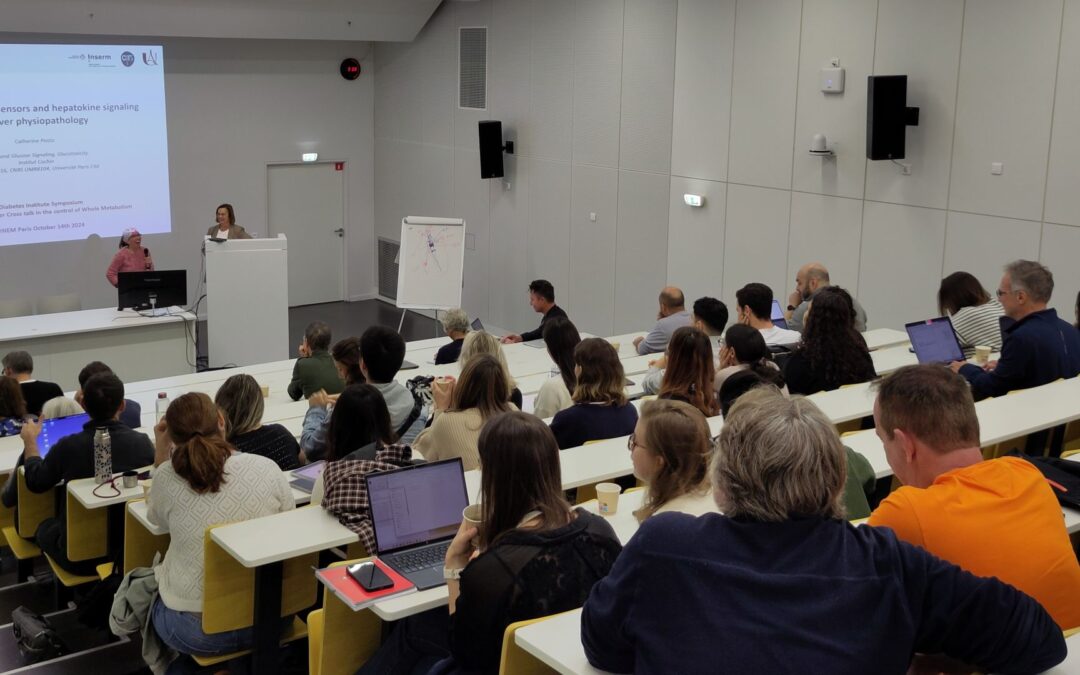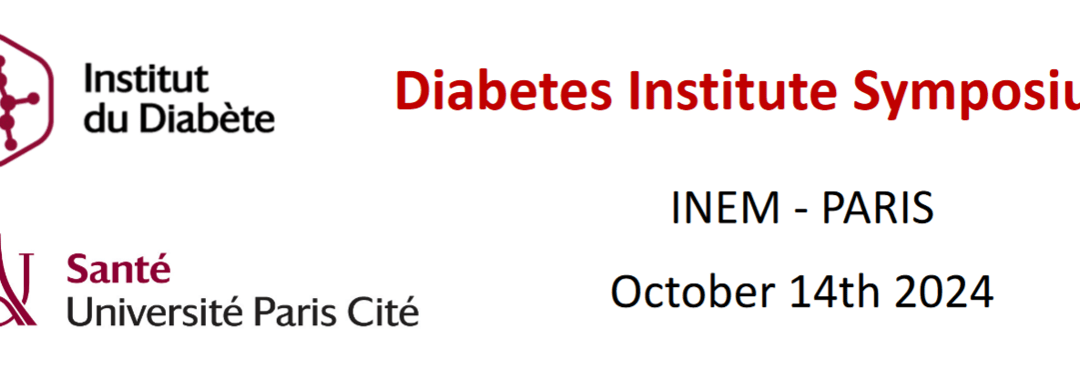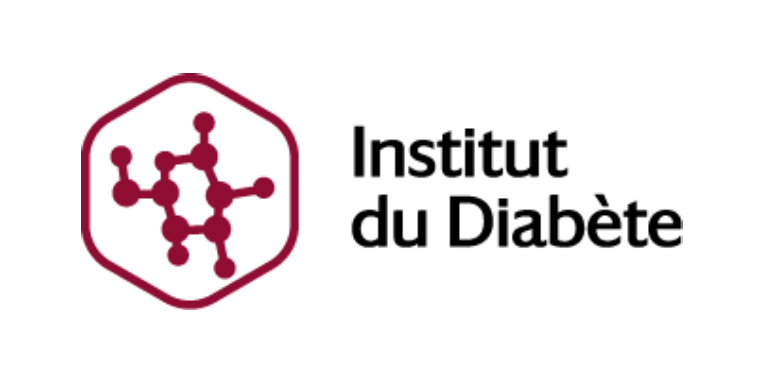Biology and pathology of the endocrine pancreas
Our team works towards a better understanding of pancreatic beta cell development, a basis for the development of new therapies of diabetes.
Our research is based on the following subjects:
1. Regeneration, Differentiation, and Proliferation of Pancreatic beta cells (Jamileh Movassat)
We are currently interested in the role of the Wnt/beta-catenin and Notch/Delta signalling pathways in regulating beta-cell proliferation and neogenesis in normal conditions as well as during the course of situations of compensated growth required to confront the increased need of the organism for insulin in certain physiological (gestation) or pathological (insulin resistance) contexts. Our group is expert in studying beta-cell regeneration and in developing innovative approaches aimed at inducing in situ regeneration of beta cells, especially by activating differentiation of intrapancreatic precursors into beta cells.
2. Impaired insulin exocytosis during type 2 diabetes (Cécile Tourrel-Cuzin)
The pathophysiology of reduced insulin secretion in type 2 diabetes remains badly understood but various clinical experiments and arguments involve distal stages of insulin exocytosis by the pancreatic beta cells. These distal stages involve two partners: the actin cytoskeleton in the subcortical region and the SNARE proteins that regulate the accosting of the granules secreted and their fusion with the plasma membrane in response to an external stimulus such as glucose. Interactions between the actin filament network and the SNARE proteins are crucial in the optimal activation of this exocytosis in response to glucose.
Read more

Post Doctoral Position
Fully funded 2-year Post-doctoral position in the team of Dr. Ralf JOCKERS, at Institute Cochin

2024 Scientific Annual Day of the Diabetes institute
On Monday, October 14th, the annual Diabetes Institute Scientific Day took place, bringing together around 100 participants at the INEM. Opening of the Annual Scientific Day of the Diabetes Institute Maude LE GALL - Co-Director of the institute (left) Catherine POSTIC...

Diabetes Institute scientific day
The overall goal of this Diabetes Institute scientific day is to provide the most important and up-to-date research in the field of metabolism made at University Paris Cité. The workshop will focus on understanding the recent progress in adipose tissue and liver biology including metabolic and inflammatory processes in the control of the energy homeostasis. Special emphasis will be done to highlight the importance of the organ crosstalk and how signaling pathways in one tissue could affect the metabolism in other tissue.

Les jeunes de l’IHM seront à l’EASD
L’IHM Diabète est heureux d’aider les jeunes à participer à l’EASD en leur attribuant une bourse de 1000€
Rendez-vous en Septembre à Madrid !
